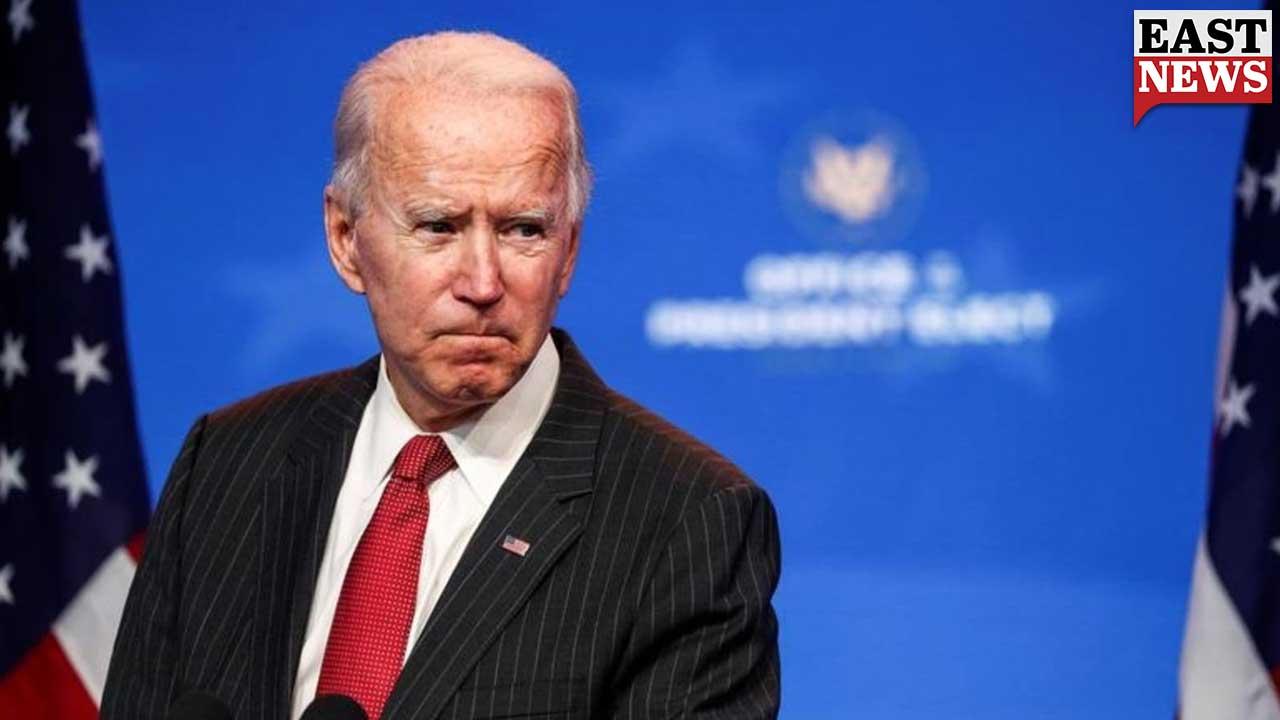According to data released on Tuesday by the US Treasury Department, America’s national debt has reached a new high of over $30 trillion, setting a new record. Financial experts cited by American media outlets such as CNN and Axios disagree on “how much debt is too much” and how serious of a problem this is for the country, but they all agree on one thing: the latest debt milestone comes at a delicate time of transition for the US fiscal and monetary policies, when borrowing costs are expected to rise and have broader economic consequences.
According to data from the US Treasury Department, the total public debt outstanding as of January 31 was $30.1 trillion, up nearly $7 trillion from the amount owed to lenders in late January 2020, just before the pandemic struck the economy.
Increased government spending amid the coronavirus disease (Covid-19) pandemic is one of the reasons for Washington’s skyrocketing pile of both public and intragovernmental debt. According to CNN, the federal government borrowed nearly $7 trillion from foreign investors led by Japan and China during this time (since the end of 2019), which will have to be repaid at some point.
Another reason cited by financial experts in the United States is the gradual stockpiling of national debt since the 2008 financial crisis, which occurred nearly a decade before the pandemic.
The outstanding national debt of the United States was $9.2 trillion in December 2007, just as the global economic downturn known as the Great Recession began. According to CNN, by the time Donald Trump was elected President of the United States, the country’s national debt had risen to $20 trillion.
According to the Tax Policy Center, revenue losses from tax cuts under the erstwhile Trump administration’s Tax Cuts and Jobs Act (TCJA) will add an estimated $1-2 trillion to the federal debt between 2018 and 2025, with the pandemic potentially exacerbating the problem.
Congress also authorised trillions of dollars in pandemic programmes to help small businesses, unemployed workers and their families, and other groups during the Biden administration.
Meanwhile, according to The Wall Street Journal, the US Federal Reserve may soon begin to raise short-term interest rates from near zero in order to combat inflation, which is at its highest level in nearly four decades.
For more Latest News Updates visit our website- https://www.eastnews.in/
For Arunachal Latest News updates Visit- https://www.eastnews.in/arunachal-pradesh-news/

